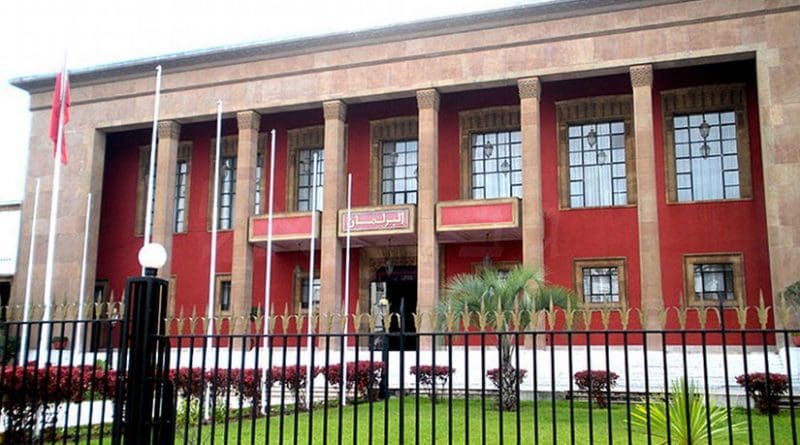Morocco : Accountability And Transparency Sole Path To Democratic Governance – OpEd
“In a democracy, the principle of accountability holds that government officials — whether elected or appointed by those who have been elected — are responsible to the citizenry for their decisions and actions.”
Since King Mohammed IV’s recent strong-worded speech he addressed to the Moroccans on Throne Day, national, international political analysts and international media are still commenting and analyzing the Moroccan monarch’s discourse in which he slammed on Moroccan politicians and public officials for neglect of their duties, and failing to meet aspirations of the people.
King Mohammed VI warned that the “evolution” in politics and development “has not led to the kind of positive reaction” when dealing with the real aspirations and concerns of Moroccan people.
He affirmed that the development policies remain sound, while the problem lies with lagging mentalities, as well as with the inability in practicing and innovating.
“The practices of some elected officials induce a number of citizens, especially young people, to shun political life,” he deplored.
It is no secret that there remain many unanswered questions, but on one matter there is not an open question: The reforms initiated by King Mohammed should be greeted with gratitude and respect. At long last there is another model for the Arab future, one that Americans and Europeans should embrace wholeheartedly. It is true that there are still challenges ahead of the democracy path in Morocco but the most important is that Moroccans (civil society, political parties and most important youth) have made their irreversible choice to continue their peaceful struggle towards full democracy. Democracy, therefore in this part of the Arab region, is no more a myth. It is a reality.
It is generally known that in a democracy, the principle of accountability holds that government officials — whether elected or appointed by those who have been elected — are responsible before their constituents and all citizens with utterly no exception, for their decisions and actions. For officials to be held accountable, the principle of full transparency requires that the decisions and actions of those in government are open to public scrutiny and the public has a right to access government information. These are the core principles of democratic governance that will deny any to become arbitrary and self-serving. Without accountability and transparency, democracy is impossible.
Since the enthronement of King Mohammed VI in 1999, Morocco has made its irreversible choice : it will not end its process of democratization and will not move away from its friends and allies in the West. Morocco, as a strong, stable, and secure Islamic state will become a beacon for others and a model for those who choose to recognize the will of their people. Now, arguably for the first time in decades, there is an alternative to ideological repression in the Arab community. Morocco is not yet an exemplar of Jeffersonian liberalism, but it is on a path paved with democratic principles.
But a constitution and an election, while essential building blocks for democracy, are not in themselves dispositive. What counts is where the leaders want to take this North African nation. Will it move inexorably to democracy? Or will it backslide with pressure from other Arab states?
“It is high time this principle were implemented in full. Just as the law applies equally to all citizens, it must be applied, first and foremost, to all officials, without distinction or discrimination, and in all of the Kingdom’s regions,” King Mohammed VI stated in a firm tone, announcing “This is the dawn of a new era in which there is no difference between officials and citizens as far as civic rights and obligations are concerned; nor is there room for shirking responsibility or avoiding sanctions”.
“Morocco must come first: before political parties, before elections and before senior positions,” the Monarch insisted.
The royal speech was frank and strong -worded lambasting the Moroccan service civil for its poor governance and weak performance. It is no secret that the King is leading an administrative revolution and the responsibility of political parties in government will make Morocco stronger in facing any development. An administrative revolution that will prioterize public and national interest against personal or politicized ones. Only accountability and transparency will lead Morocco towards democratic governance.

